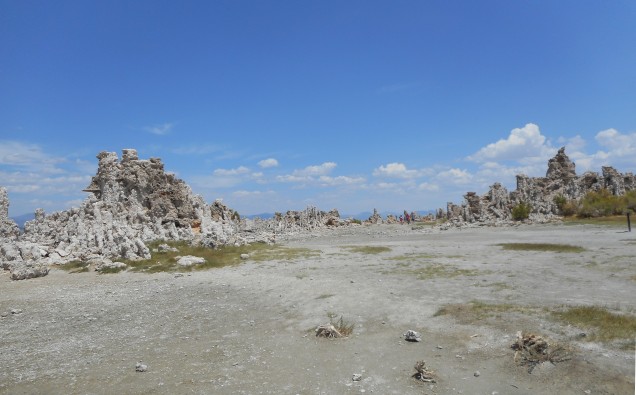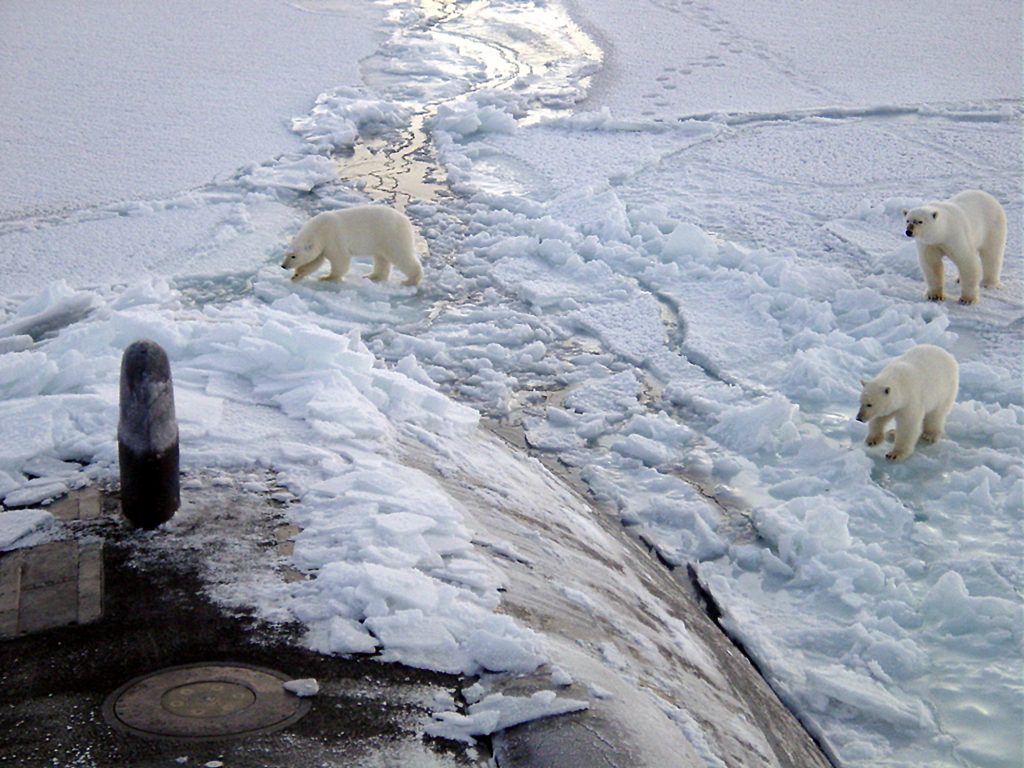
Photo by Maryphillips shows drought in California via Wikimedia Commons
The Intergovernmental Panel on Climate Change – the international body for assessing the science related to climate change, which provides a scientific basis for governments at all levels to develop climate related policies – has cautioned against implications of inaction on climate change.
Following the Trump Administration’s decision to quit the Paris Climate Accord – widely perceived as a setback to international commitment to arresting climate deterioration – the panel said this week that the scientific evidence behind climate change is clear.
“The climate is changing and it is changing because of human activity,” Jonathan Lynn, the head of Communications and Media Relations at IPCC, told journalists in Geneva.
“As the last IPCC report put it: ‘Without additional mitigation efforts beyond those in place today, and even with adaptation, warming by the end of the 21st century will lead to very high risk of severe, widespread and irreversible impacts’,” he added.
President Trump has said the Paris Agreement is inimical to U.S. interests and that he would seek to renegotiate the non-binding agreement in a way that suits American interests. In Washington, meanwhile, groups supporting and opposing the decision staged demonstrations outside the White House.

Arctic Circle (Oct. 2003) — Three Polar bears approach the starboard bow of the Los Angeles-class fast attack submarine USS Honolulu (SSN 718) while surfaced 280 miles from the North Pole. Sighted by a lookout from the bridge (sail) of the submarine, the bears investigated the boat for almost 2 hours before leaving. Commanded by Cmdr. Charles Harris, USS Honolulu while conducting otherwise classified operations in the Arctic, collected scientific data and water samples for U.S. and Canadian Universities as part of an agreement with the Artic Submarine Laboratory (ASL) and the National Science Foundation (NSF). USS Honolulu is the 24th Los Angeles-class submarine, and the first original design in her class to visit the North Pole region. Honolulu is as assigned to Commander Submarine Pacific, Submarine Squadron Three, Pearl Harbor, Hawaii. U. S. Navy photo by Chief Yeoman Alphonso Braggs. (RELEASED)
According to Deon Terblanche, Director of Atmospheric Research and Environment Department at the World Meteorological Organization (WMO), assumption say that in the worst case scenario, temperatures could rise by an additional 0.3 degrees Celsius above the pre-industrial level by the end of the century.
Meanwhile, United Nations Secretary-General António Guterres has urged Governments worldwide to “stay the course” and remain committed to climate action.
“[Climate change] is undeniable,” Secretary-General Guterres said in the Russian city of St. Petersburg.
“Those that will be betting on the implementation of the Paris Agreement, on the green economy, will be the ones that have a leading role in the economy of the 21st century,” he said.
Commenting on the United States’ position, after President Donald Trump announcement on the country’s withdrawal from the landmark climate accord, Guterres added: “In relation to US society, I am deeply convinced that States, cities, the business community, the civil society, will also remain engaged, will bet on the green economy, because the green economy is the good economy, it is the economy of the future.”
The United Nations says the Paris Agreement – agreed in December 2015 and entered into force in November a year later – aims to strengthen the global response to the threat of climate change, in the context of sustainable development and efforts to eradicate poverty.
Meanwhile, the secretariat of the UN Framework Convention on Climate Change (UNFCCC) – the international environmental treaty under whose auspices the Paris Agreement was negotiated and agreed – expressed “regret” at the announcement that the US will withdraw from the accord.
In a statement, the UNFCCC secretariat said that it took note of the announced intention to renegotiate the modalities for the US participation in the Agreement and, in that regard, the secretariat stood ready to engage in dialogue with the US Government regarding the implications of the announcement.
However, it also pointed out that the Agreement – signed by 195 Parties and ratified by 146 countries plus the European Union – “cannot be renegotiated based on the request of a single Party.”
“It enjoys profound credibility, as it was forged by all nations and is supported by a growing wave of business, investors, cities, states, regions and citizens,” added the secretariat, noting that remains committed to continue working with all Governments and partners in their efforts to “fast forward” climate action at global and national levels.















